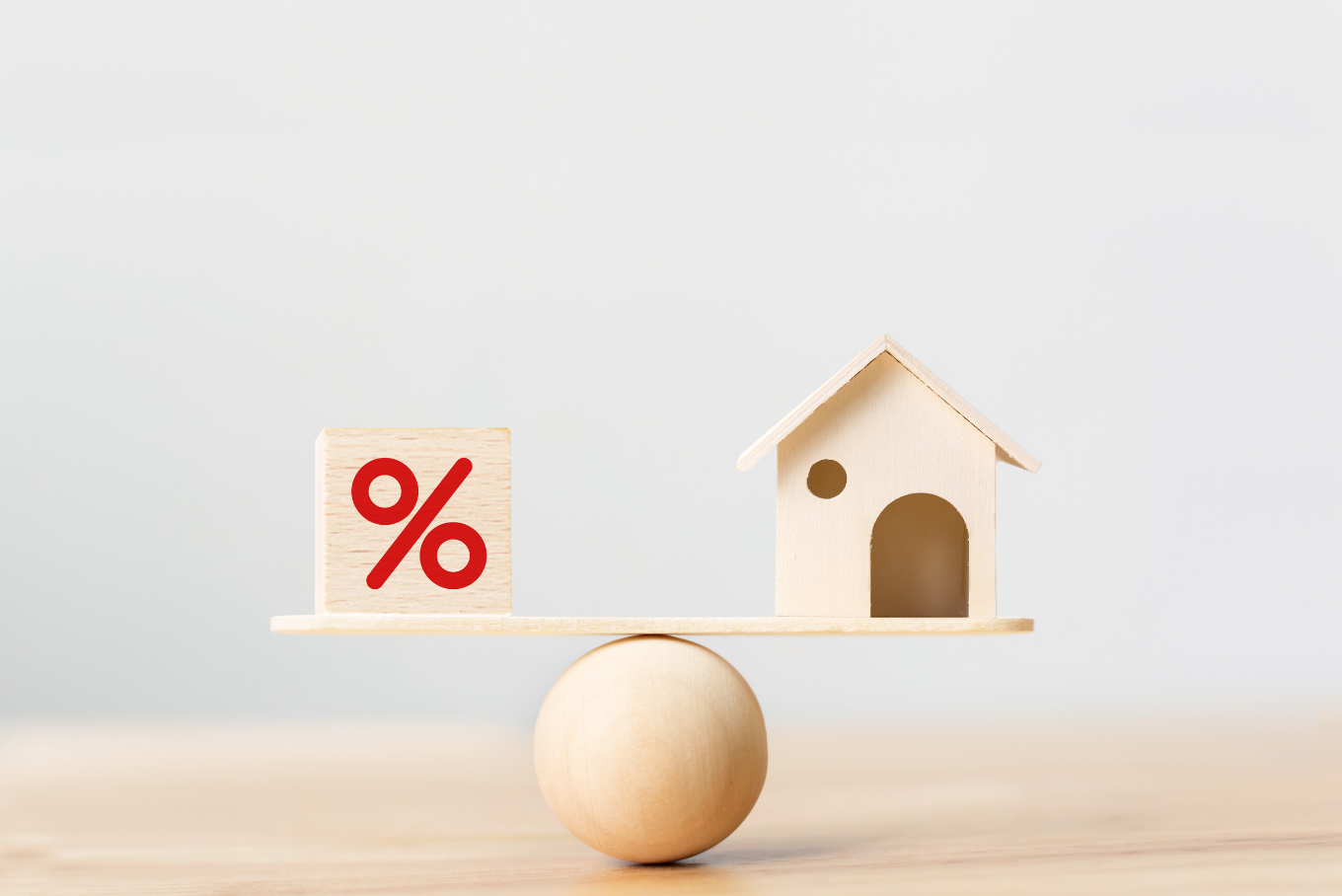
Everyone holds their breath every time the central bank makes an announcement.
Here in Aotearoa New Zealand, the Reserve Bank of NZ (RBNZ) just recently announced an overnight cash rate (OCR) hike by 25 basis points to 5.5% on 24 May 2023, the highest it has been for the past five years. For those of you not from Aotearoa, the OCR is the equivalent of the Base Rate in the UK or the Federal Reserve Rate in the USA.
Any hikes to the OCR results in an overall increase in interest rates faced by consumers (us regular folks) and businesses (those who employ us regular folks).
How did we get here? Why are central banks around the world hiking their interest rates? Let’s start with a quick economic lesson on inflation.
Let’s have a quick flashback to 2020. Ah, good times. When the pandemic was a big scary unknown and huge swathes of the worldwide population were put into virtual quarantine. Businesses suffered. Companies could not pay their workers. The wheels of the global economy stopped turning.
In the face of an economic meltdown, many governments around the world initiated recovery support services. These recovery funds helped businesses survive Covid-19, kept people in lockdown paid, and helped halt the spread of Covid-19.
These are all good things. You can’t really fault the governments of the time to do what they did. The alternative would have been to let people die and suffer (which would have been worse for the economy). However, the flip side of this is that a lot of cash got pumped into the economy. A lot of that cash came from new currency produced by the central bank and from sovereign debt.
This put a lot of money into the economy. Businesses were literally getting money for doing nothing. By extension, their workers were also getting money for nothing. This creates an ‘oversupply’ of currency in the economy. When people have a lot of money, they spend it. There is more money in circulation which allows suppliers to raise their prices and consumers are willing and able to pay those prices, which is how you get inflation.
Of course, there are a lot of other factors affecting inflation, like impacted supply chains, tighter border regulations, and more recently, the war in Ukraine. But from a local perspective — inflation is driven by government spending.
Here’s where interest rates come in. Every central bank around the world has a blunt tool at its disposal. That blunt tool is the ability to hike up the interest rate of their country’s banking system. Arguably there are other ways to combat inflation, like higher taxes or cuts to public services. But those are harder to sell to the public. With interest rate hikes, the government devolves responsibility to the central bank. This is especially true in countries where the central bank is independent of the government (like in NZ).
How it works is simple. As interest rates go up, people borrow less money. This means less money circulating in the economy. For people that already have debt (like your average homeowner with a mortgage), more of their income goes towards servicing their debt interest (instead of circulating in the economy). On top of that, savings accounts and term deposits suddenly become attractive investments as banks increase the interest return rate. This further encourages people to save money instead of spending it.
With less money circulating in the economy, suppliers are forced to reduce their prices (or not increase them by that much) and inflation is beaten… for now. Inflation is an ever-present factor. You can’t eliminate inflation without eliminating human consumption. Once inflation is down to a manageable level (1 to 3%, according to the RBNZ), we can see interest rates fall again. And the cycle begins anew.

Well, unless you’re the governor/chairperson of your country’s central bank there isn’t much you can do about interest rates.
But, as a consumer with debt, here are some tips to deal with rising interest rates:
Interest rates are going to remain static for the next half-decade or so. If your fixed-term loan is up for renewal, try to get it fixed at the lowest rate the bank can offer you. I can guarantee that the next time it comes up for renewal, the rates offered will be higher.
Buy Now Pay Later (BNPL) schemes have proliferated in the past few years. They create a false sense of financial security by allowing consumers to borrow money, interest-free. On the face of it, they’re not too different from credit cards. However unlike credit cards, their ‘late payment fees’ aren’t governed by interest rates and can sometimes be higher than credit card interest. You are better off saving that money (or paying off your mortgage) instead of buying that pizza with BNPL. Besides, if you’re spending money you don’t have, you’re just contributing to the inflation problem by adding more cash into the economy and encouraging suppliers to set higher prices.
Think about starting a business, like a small one on the side. The upshot of this is that you can start claiming expenses against your income. Also, this shifts you from being a consumer to being a producer. Now you can set exorbitant prices under the guise of inflation! Hooray!
From a tax perspective, business owners typically pay less taxes than your average wage earner. This is because you can claim more against your income as expenses. Furthermore, if you run your business through a company, the tax rate is usually less than the top tax rate for personal income (Note: In practice this could vary depending on your personal tax situation — always talk to an accountant before making big tax decisions). Fewer taxes equals more opportunity to service your existing debts.
If you’re reading this, I assume that you’re a pretty financially savvy person who uses accounting software to manage their life. If you’re still on the fence about this, you should make the jump and use accounting software like PocketSmith to keep track of your personal finances. The ability to monitor your expenses vs. your income is extremely powerful. This allows you to plan your finances ahead, set aside money for emergencies, and even put money away for investing purposes.
The first thing you can do is review your family’s (or personal) financial situation. If you’ve been using software like PocketSmith, this is very easy to do. Don’t have PocketSmith? Then you can take stock of your income and outgoings manually.
If you have any expensive credit card debt, focus on paying that off first (or transfer the credit to a new credit card). Then have a chat with your banker about what your upcoming repayments will look like under the new interest rates.
Keep following good financial advice and be conservative with investments (so no crypto, please!) and you should get through this rough patch just fine!
Sam is the director of SH Advisory, an online accounting firm for small businesses and startups in NZ. He is also the creator of The Comic Accountant, an internationally-read finance comic blog. With 15 years experience in accounting and finance, he loves sharing quality financial advice with small business owners everywhere. In his spare time, he likes to nerd out over the latest board game launches and great PC gaming deals online. If you need help with your small business and startup, Sam is the person you want to talk to!